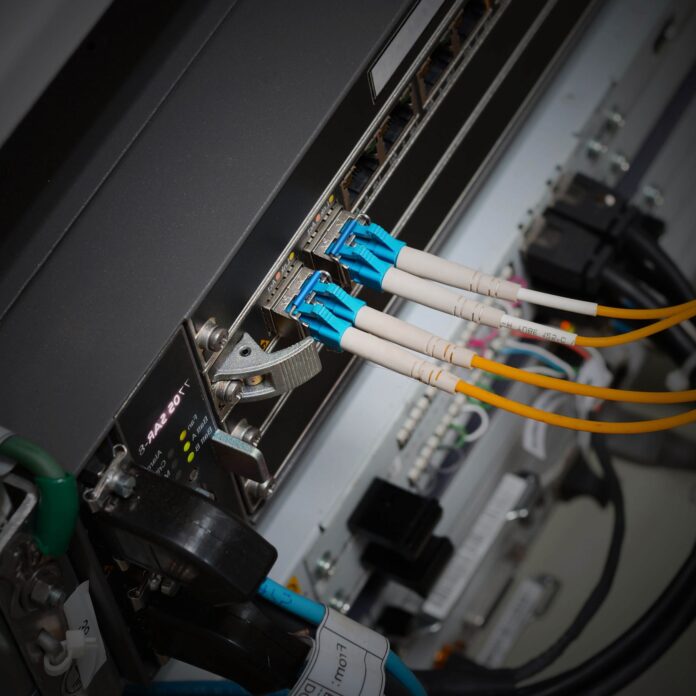Combines wireless and fiber-based backhaul
WASHINGTON – Cambridge Broadband Networks Limited, headquartered in the U.K., has successfully established its VectaStar licensed point-to-multipoint across 42 countries for backhaul and enterprise access networks.
The company is now transferring this expertise to the U.S. where congestion in existing spectrum bands and advances in licensed PMP technology have created a very receptive business case for communication providers.
CBNL’s new FCC VectaStar platform, launched earlier this year, allows communication providers to build wireless infrastructure that provides 600 Mbps per link and up to 14.4 Gbps per hub site. Combined with the carrier-grade performance of licensed spectrum and fast time to market associated with PMP architecture, the platform has created a compelling proposition for communication providers looking to expand services and attract new customers.
“There has been an explosion in data demand and the cost of transporting every bit of data must be done in the most cost-effective way to make economic sense. We’ve channeled many years of experience into our latest FCC VectaStar platform that can support this capacity requirement whilst offering up to 50% total cost of ownership savings compared to alternative technologies,” John Naylon, CTO at CBNL told RCR Wireless News.
Naylon is not wrong – the average American is now using 1.3 gigabytes of data each month, and recently Facebook, a firm with more users than the population of China, announced 70% of its traffic is mobile.
CBNL using, as Naylon put it, “fiber and wireless in a complementary way” hopes to utilize the easily accessible licensed spectrum bands of 28 GHz to support U.S. communication providers in deploying backhaul and enterprise access infrastructure that helps them keep up with their customers’ appetite for data and demand for reliable coverage.
CBNL’s technology has been honed over 15 years, during which the company has designed and deployed carrier-grade PMP networks for some of the world’s largest mobile operators. This includes significant and expanding networks in some of the most difficult and challenging environments.
The business case for licensed PMP has already proved successful for CBNL in supporting communications providers across Europe, the Middle East, Africa and Asia. For example, the cost-efficiency of CBNL’s VectaStar, along with the speed and ease of deployment, were critical in enabling operators from these regions to profitably address the growing market opportunity. This is especially the case in markets where consumers are reliant on cellphone data to access a range of services, from mobile money to general Internet access, and where the average revenue per user can be low.
While CBNL’s early success was founded on its suitability to backhaul and the increased data demands of initial 3G deployments, the company’s recent catalyst for growth has been based on the critical need for more cost-effective and spectrally efficient backhaul solutions. Naylon said that the latest high-capacity CBNL technology has been designed specifically to the requirements of communication providers in the U.S. and is applicable for a range of high-capacity uses, including LTE, LTE-A and small cell backhaul.
As Naylon noted “Local market trends point to the need for more capacity. Meeting this demand quickly and cost effectively is vitally important for communication providers to maintain customer retention and gain a competitive edge. The latest licensed PMP solutions have brought a business case which has previously been unavailable in the U.S. This not only makes economic sense, but provides carrier-grade performance that supports quick network growth. It’s an exciting time for CBNL. We are already serving seven of the world’s largest top 10 mobile operators and have seen VectaStar recently deployed in five states across the U.S. With CBNL now established as the clear market leader in licensed PMP, we are looking forward to working with more communication providers during 2015 and beyond.”

